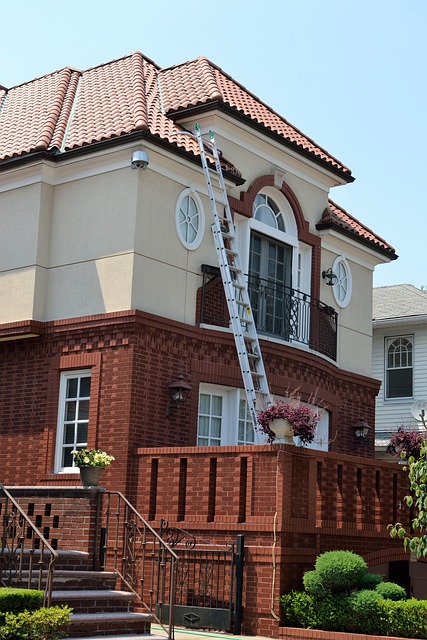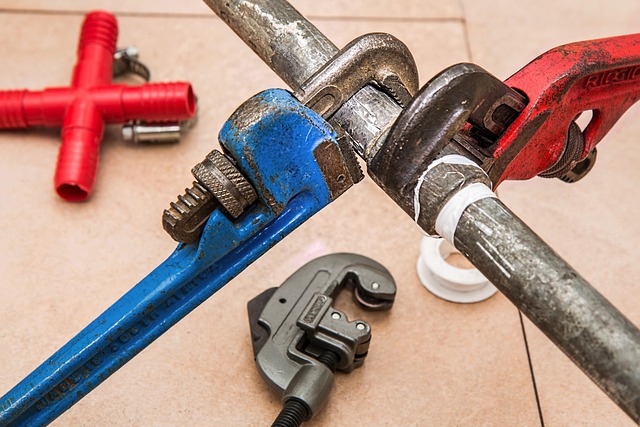Comprehensive property inspections in real estate are crucial for assessing structural integrity and identifying potential issues. Professional inspectors use advanced tools to evaluate foundations, layout design, and mechanical systems like roofing, plumbing, electrical, and HVAC units. Regular maintenance checks prevent costly repairs and risks, ensuring safety and longevity of investments, benefiting both buyers and sellers.
In the real estate sector, identifying structural and mechanical issues early is paramount for investors and homeowners alike. This comprehensive guide delves into essential practices for navigating potential problems. From conducting thorough property inspections to evaluating structural integrity and pinpointing mechanical failures, these strategies ensure informed decision-making. By adopting these approaches, you can avoid costly repairs, mitigate risks, and make smart investments in the ever-evolving real estate market.
Conduct Comprehensive Property Inspections

Comprehensive property inspections are a crucial step in identifying structural or mechanical problems within real estate. These thorough assessments involve meticulous examination of every aspect of a property, from the foundation and framing to electrical systems, plumbing, and HVAC (heating, ventilation, and air conditioning). Professional inspectors utilize advanced tools and expertise to uncover potential issues that may not be readily apparent to untrained eyes.
By conducting comprehensive inspections, real estate professionals can provide buyers with valuable insights into the property’s condition. This process helps in making informed decisions, avoiding costly repairs after purchase, and ensuring the safety and longevity of the investment. Regular inspections are beneficial for both parties—sellers can address identified issues before listing, enhancing the property’s appeal, while buyers gain peace of mind knowing they’re investing in a well-maintained asset.
Assess Structural Integrity and Stability

When evaluating a property in real estate, assessing structural integrity and stability is paramount. This involves meticulous inspection of key components like foundations, walls, roofs, and floors to ensure they are robust and secure. Any signs of damage, cracks, or misalignments could indicate underlying issues that require immediate attention.
Professional inspectors should also consider the overall layout and design, checking for balanced weight distribution, proper drainage systems, and adequate support structures. Ensuring these elements are in optimal condition not only enhances the safety of occupants but also preserves the property’s value over time, making it a crucial step for both buyers and sellers in the real estate market.
Identify Potential Mechanical Failures Early

In the real estate sector, identifying potential mechanical failures early is a proactive approach that can significantly mitigate risks and costs. Regular maintenance checks are essential to uncover subtle issues before they escalate into major structural problems. Homeowners and property managers should establish routine inspection schedules, focusing on critical components like roofing, plumbing, electrical systems, and HVAC units. By staying ahead of potential failures, residents can avoid the hassle and expense of emergency repairs.
Additionally, investing in high-quality materials and employing reputable contractors for initial installation can contribute to prolonged system lifespan. Staying informed about industry best practices and emerging technologies enables proactive maintenance strategies, ensuring that mechanical systems operate efficiently and reliably over time.






